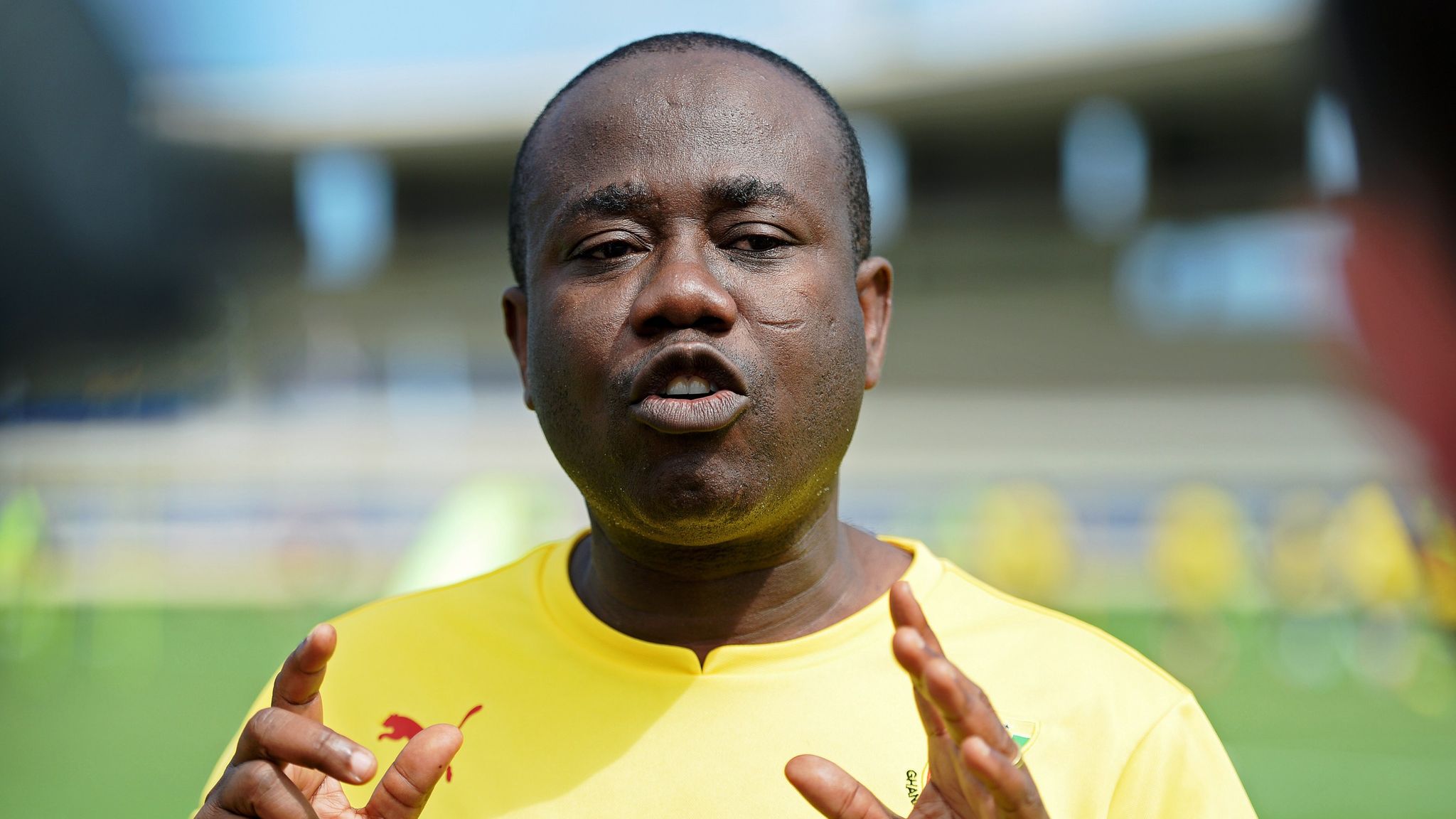Ex-CAF Vice President Kwesi Nyantakyi: ‘High Court discharge confirms i was unfairly targeted’

Kwesi Nyantakyi, former President of the Ghana Football Association (GFA), has described his second discharge by the Accra High Court as clear evidence that he was unfairly targeted in the controversial ‘Number 12’ exposé released in June 2018.
The ruling, delivered on February 13, 2025, marked the end of a five-year legal battle that saw the state repeatedly fail to present substantial evidence against Nyantakyi.
In a heartfelt statement following the verdict, he expressed profound gratitude to his family, legal representatives from Sory@Law, friends, and supporters who stood by him during the prolonged ordeal.
“This outcome reaffirms my long-held belief that I was unjustly targeted,” Nyantakyi stated. “The emotional, reputational, and financial toll this process has taken on me and my family is immeasurable. Yet, I am grateful to God and to everyone who supported me through these difficult years.”
Nyantakyi was first charged on March 4, 2020, with conspiracy to commit fraud by an agent, fraud by an agent, and corruption by a public officer.
The charges stemmed from his appearance in the ‘Number 12’ undercover investigation by journalist Anas Aremeyaw Anas, which alleged widespread corruption in Ghanaian football.
However, the prosecution’s case was fraught with delays and inconsistencies. After nine court appearances, Nyantakyi was initially discharged on March 11, 2021, due to the state’s inability to present a single witness statement.
Justice Comfort Tasiame, who presided over the first discharge, was critical of the prosecution’s handling of the case.
“I think the prosecution may need a longer time to put their house in order,” Justice Tasiame remarked during her ruling. “Justice delayed, they say, is justice denied. Justice is a two-way traffic for both the prosecution and the accused.”
She further highlighted the prosecution’s lack of preparedness, noting that despite setting out to hold a Case Management Conference a year prior, the state continuously postponed the process, citing the need to file witness statements that never materialized.
The recent discharge by the Accra High Court followed a similar pattern, with the prosecution once again failing to present credible evidence to sustain the charges.
Nyantakyi’s legal team successfully argued that the extended delays and absence of witness testimonies violated his right to a fair trial.
Reflecting on the years spent fighting the allegations, Nyantakyi emphasized the personal and professional challenges he faced.
“This legal battle wasn’t just about me—it was about integrity, fairness, and the right to defend oneself against unfounded accusations,” he said.
Despite the court’s decision, public opinion remains divided. While supporters view the discharge as vindication, critics argue that the ‘Number 12’ exposé highlighted systemic issues in Ghanaian football that extended beyond individual accountability.
For Nyantakyi, however, the court’s ruling is a moment of personal redemption. “I have always maintained my innocence.
This chapter has been difficult, but I hope it serves as a reminder of the importance of fairness and due process in our justice system,” he concluded.




